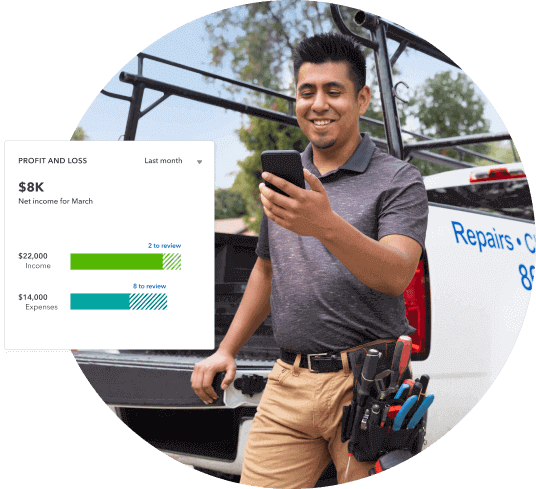5. Buy or lease equipment
Having your own equipment means you get to decide how and when the equipment is used, as well as having control over the maintenance. The equipment will always be at your disposal whenever you need it and this will allow your employees/equipment operator to have a higher level of familiarity with the equipment – which could lead to higher productivity.
Buying equipment will have a higher upfront cost because of the down payment but monthly payments are usually lower than if you were to lease due to lower interest rates. When buying equipment don’t forget about the resale value in case one day you decide to trade or resell.
Other costs to consider include maintenance, repairs, transportation of equipment to the jobsite, and storage.
Leasing combines some of the benefits of both renting and buying. Lease options vary but are typically for a year or more. Leasing involves less cost upfront since you typically don’t have to make a down payment and it also frees up capital and doesn’t tie up credit lines.
Leasing also allows you the option of getting a new model every couple of years. Some leases offer flexible terms or seasonal payments which allow you to skip payments of pay less during slower months. Leases tend to have higher interest rates and higher insurance rates compared to purchasing equipment outright and there are huge penalties assessed if you break your lease early. This means you have to pay the entire lease term regardless of whether or not you are still using the equipment.
If you had rented the equipment you could simply return it if you no longer needed it and not incur any additional costs and if you had purchased the equipment you could simply resell it and recoup some of your costs. Some leases also include large penalties for damage and wear and tear on the equipment.
Leases are usually identified as either a capital lease or an operating lease though some manufacturers have variations on both. A capital lease means the lessee is treated as the owner of the equipment which means you are responsible for all maintenance, taxes and insurance which also means depreciation and interest on the equipment can be written off.
Capital leases include a bargain purchase option to buy once the lease terms are fulfilled. Capital leases are typically longer and the payments are typically higher than for an operating lease.

